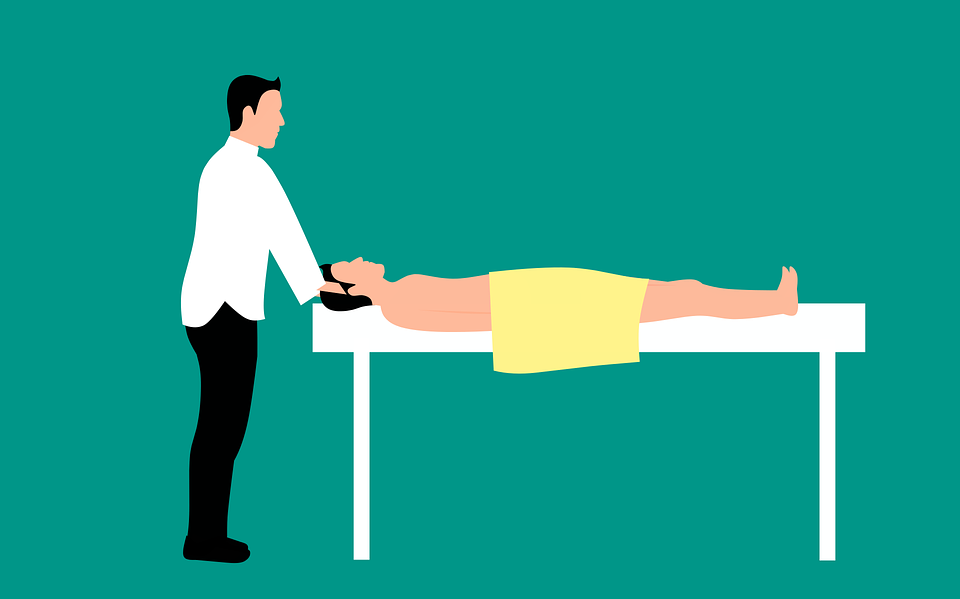Book Appointment Now

Legal and Ethical Considerations in Managing Patient Falls
Managing patient falls in healthcare settings involves significant legal and ethical considerations in managing patient falls. Healthcare providers must navigate complex responsibilities to ensure patient safety while adhering to legal standards and ethical principles. This article explores the key legal and ethical aspects involved in managing patient falls, providing insights into best practices for healthcare professionals.
Do you need essay writing assistance about legal and ethical aspects involved in coping with patient falls assignment? ![]()
Understanding the Legal Framework for Patient Falls
Patient falls can result in serious injuries, leading to legal actions against healthcare providers and institutions. Understanding the legal issues in patient falls is crucial for mitigating risks and ensuring compliance with healthcare regulations.
1. Liability and Negligence
Healthcare providers may be held legally responsible if a patient falls due to negligence. This can occur if the facility fails to take adequate measures to prevent falls or does not respond appropriately after a fall occurs.
Determining Negligence
Negligence in fall prevention can be established if it is proven that the healthcare provider did not meet the standard of care expected in the situation.
- Key considerations:
- Were fall risk assessments conducted regularly?
- Was the patient informed about their fall risk and preventative measures?
- Did the healthcare staff follow established fall prevention protocols?
2. Legal Responsibilities of Healthcare Providers
Healthcare providers have a duty of care to ensure patient safety. Failure to uphold this duty can lead to legal consequences, including lawsuits and penalties.
Documenting Fall Prevention Efforts
Maintaining detailed documentation of all fall prevention efforts is essential for legal protection. This includes recording risk assessments, interventions, and patient education.
- Best practices:
- Regularly update patient records to reflect any changes in fall risk.
- Document all communications with patients and their families regarding fall prevention.
- Ensure that incident reports are filed promptly after a fall occurs.
Ethical Considerations in Patient Fall Management
While legal responsibilities are paramount, ethical considerations in patient fall management are equally important. Ethical principles guide healthcare providers in making decisions that respect patient autonomy, promote well-being, and prevent harm.
1. Patient Autonomy vs. Safety
One of the primary ethical dilemmas in fall management is balancing patient autonomy with safety. While patients have the right to make decisions about their care, healthcare providers must also ensure that these decisions do not put the patient at unnecessary risk. Read also: Ethical dilemmas in nursing.
Respecting Patient Choices
Patients may choose to decline certain interventions, such as the use of bed rails or mobility aids. Healthcare providers must respect these choices while clearly communicating the potential risks.
- Ethical considerations:
- Involve patients in decision-making about their fall prevention plan.
- Provide clear information about the risks and benefits of different interventions.
- Document patient consent or refusal of specific measures.
2. Informed Consent and Communication
Informed consent is a critical aspect of patient safety and legal considerations. Patients must be fully informed about their fall risk and the steps being taken to mitigate it.
Ensuring Informed Consent
Healthcare providers should ensure that patients understand their fall risk and the interventions proposed to reduce this risk.
- Key steps:
- Communicate clearly and effectively with patients and their families.
- Use plain language to explain medical terms and procedures.
- Document all discussions and obtain written consent when necessary.
Balancing Legal and Ethical Responsibilities
Healthcare providers must find a balance between fulfilling their legal obligations and upholding ethical principles. This involves taking proactive steps to prevent falls, ensuring transparency in communication, and respecting patient rights.
1. Implementing Best Practices for Fall Prevention
To manage liability for patient falls in healthcare effectively, institutions should implement evidence-based fall prevention programs. These programs should be regularly reviewed and updated to reflect the latest guidelines and research.
Continuous Education and Training
Ongoing education and training for healthcare staff on fall prevention strategies are essential for reducing fall-related incidents and meeting both legal and ethical standards.
- Focus areas:
- Regularly update staff on changes in fall prevention protocols.
- Encourage a culture of safety and open communication within the healthcare team.
- Provide training on legal and ethical aspects of patient care, emphasizing the importance of documentation.
Managing patient falls requires careful consideration of both legal responsibilities in fall prevention and ethical obligations to patients. By understanding and addressing these aspects, healthcare providers can create safer environments, reduce the risk of legal action, and ensure that patients receive care that is both effective and respectful of their rights. Balancing these considerations is key to maintaining trust and delivering high-quality care in healthcare settings. See also: Impact of Hospital Design on Patient Fall Rates







